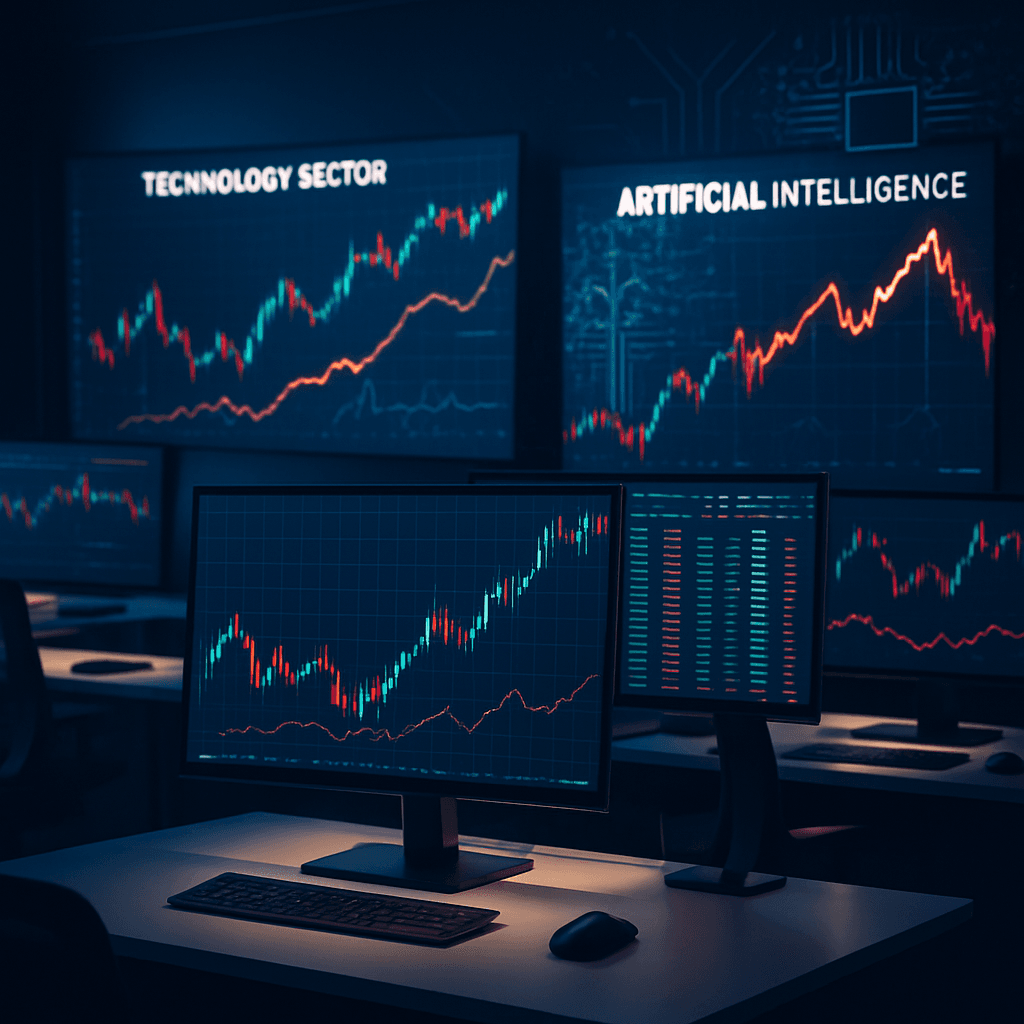SoftBank just made one of the boldest moves in AI investing history, completely exiting its Nvidia position for $5.83 billion in October. The Japanese conglomerate's surprise divestiture of 32.1 million shares comes as the AI chip leader trades near all-time highs, raising questions about whether SoftBank's legendary CEO Masayoshi Son is calling a market top or simply rotating into bigger AI bets.
SoftBank just pulled off one of the most dramatic exits in AI investing, completely abandoning its Nvidia position worth $5.83 billion in a single month. The Japanese investment giant disclosed Tuesday that it sold all 32.1 million shares during October, marking a stunning reversal for a company that's been riding the AI wave since before most investors knew it existed.
The timing couldn't be more intriguing. Nvidia shares have been on a tear, climbing over 180% this year as AI demand explodes across every sector. For SoftBank to exit completely at these levels suggests CEO Masayoshi Son sees something the market doesn't - or he's spotted an even bigger opportunity elsewhere.
The numbers tell a compelling story. While SoftBank was dumping its Nvidia stake, its Vision Fund was posting a staggering $19 billion gain in the fiscal second quarter. The gains came primarily from investments in OpenAI - the ChatGPT maker that's become Silicon Valley's most valuable startup - and Japanese fintech PayPay. According to SoftBank's earnings statement, these direct AI application bets are paying off far better than chip infrastructure plays.
But this wasn't just about Nvidia. SoftBank also trimmed $9.17 billion from its T-Mobile position, suggesting a broader portfolio rebalancing that's freeing up massive amounts of capital. The company now sits on a war chest that could reshape the AI landscape, and Son's track record suggests he's not done making big bets.
The Nvidia exit is particularly striking given Son's history with the company. SoftBank first invested in the chip maker years before the AI boom, recognizing early that graphics processing would become central to machine learning. The relationship deepened when Nvidia CEO Jensen Huang and Son appeared together at AI events in Tokyo, with both executives publicly discussing their shared vision for artificial intelligence's future.












